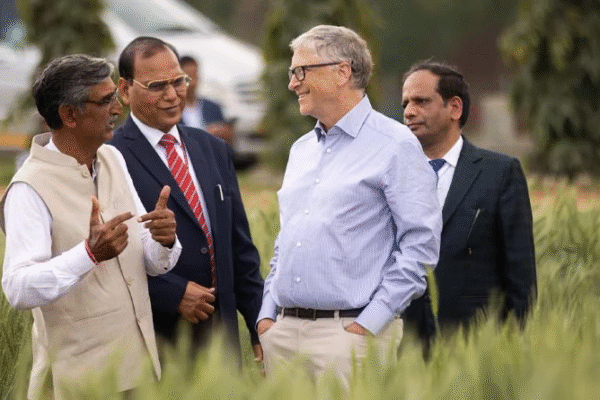

Boycott India-Pakistan Asia Cup 2025?
As India and Pakistan gear up for a crucial Asia Cup 2025 Group A match, political debate has overshadowed the cricket. A tweet by Supriya Shrinate has stirred controversy. She argues that those opposing the match should question leaders like Narendra Modi, Amit Shah, and Jay Shah instead of staging what she calls hollow protest. Her comment refers to the April Pahalgam attack, when militants allegedly backed by Pakistan killed 26 Indians. Many feel that playing the match now is insensitive to victims’ families. Thus, opposition to the game has become a flashpoint between patriotism and ethics.
Many citizens, including victims’ relatives, insist that national sentiment can’t be ignored. Social media buzzes with #BoycottINDvPAK and #BoycottAsiaCup hashtags. Protesters say that while politics and sports should ideally be separate, certain moments demand symbolic action. Critics accuse the sports authorities of prioritising commercial gains over moral responsibility. Meanwhile, some political leaders defend the match as a mandatory fixture under Asia Cup rules, arguing that cancelling would violate tournament norms and cost penalties.
Who Speaks for the Public? Emotions vs Policy
Public anger is palpable. Shubham Dwivedi’s wife from Kanpur called the match an insult. She said that while grief remains fresh, the decision to play feels disrespectful. Former cricketers, newspaper editorials, and citizens ask: how can bat and ball meet when blood and water are said not to flow together?
On the other hand, BCCI and government voices emphasise sports diplomacy. India’s stance has been that participation in multi‑nation tournaments like the Asia Cup is compulsory under ACC or ICC rules. They argue that avoiding the match could set a precedent, affecting future international engagements. Some officials maintain that the national policy against unilateral bilateral matches with Pakistan remains unchanged, even if they play in multilateral events.
The Boycott Debate: Practical, Ethical, and Symbolic Costs
Boycotting a high‑profile match like India vs Pakistan carries more than symbolic weight. Organisers face financial loss. Broadcasters, sponsors, and cricketing bodies anticipate damage to viewership. Postponing or refusing the game may incur penalties under ACC rules.
Yet, for many opposing voices, those costs are secondary. For them, playing the match represents not just sport, but issues of national honour, mourning, and solidarity with victims. Supriya Shrinate’s tweet echoes this sentiment: she frames opposition to the match not as mere protest, but as a demand for accountability from political leaders.
The ethical dimension collides with the pragmatic. Will a boycott deepen divisions or force political reflection? Can the government ignore public grief without alienating voters? These questions are now central to how people view sports fixtures in moments of national trauma.
What’s Next: Match Day and After
As match day approaches, tension will remain high. Media coverage will likely frame the game not just as a sporting event, but as national litmus test. If the match goes ahead, attendance, viewership, and public reactions will reveal how deeply the boycott sentiment runs.
The Asia Cup 2025 showdown between India and Pakistan is no longer just about cricket. It is a storm where grief, politics, and national identity intertwine. The call to boycott, echoed by citizens, reflects deeper wounds from terror and unresolved conflict. For the government and sports bodies, the decision to play is not just about rules—it is about honour, empathy, and how a nation remembers.

NewsHasghag operates a 24/7 news bureau that tracks the real-time, social media-driven stories from India and around the world, keeping you ahead of the day’s key talking points. Our digital-first approach transforms storytelling through the seamless integration of data, interactive charts, video, and audio into every narrative








